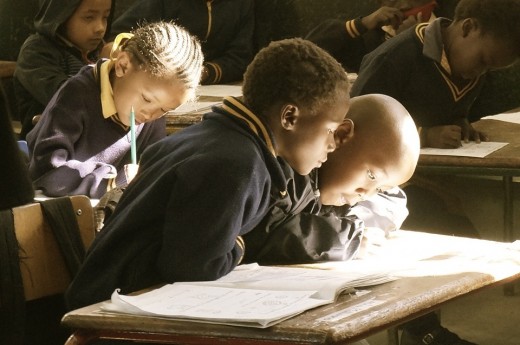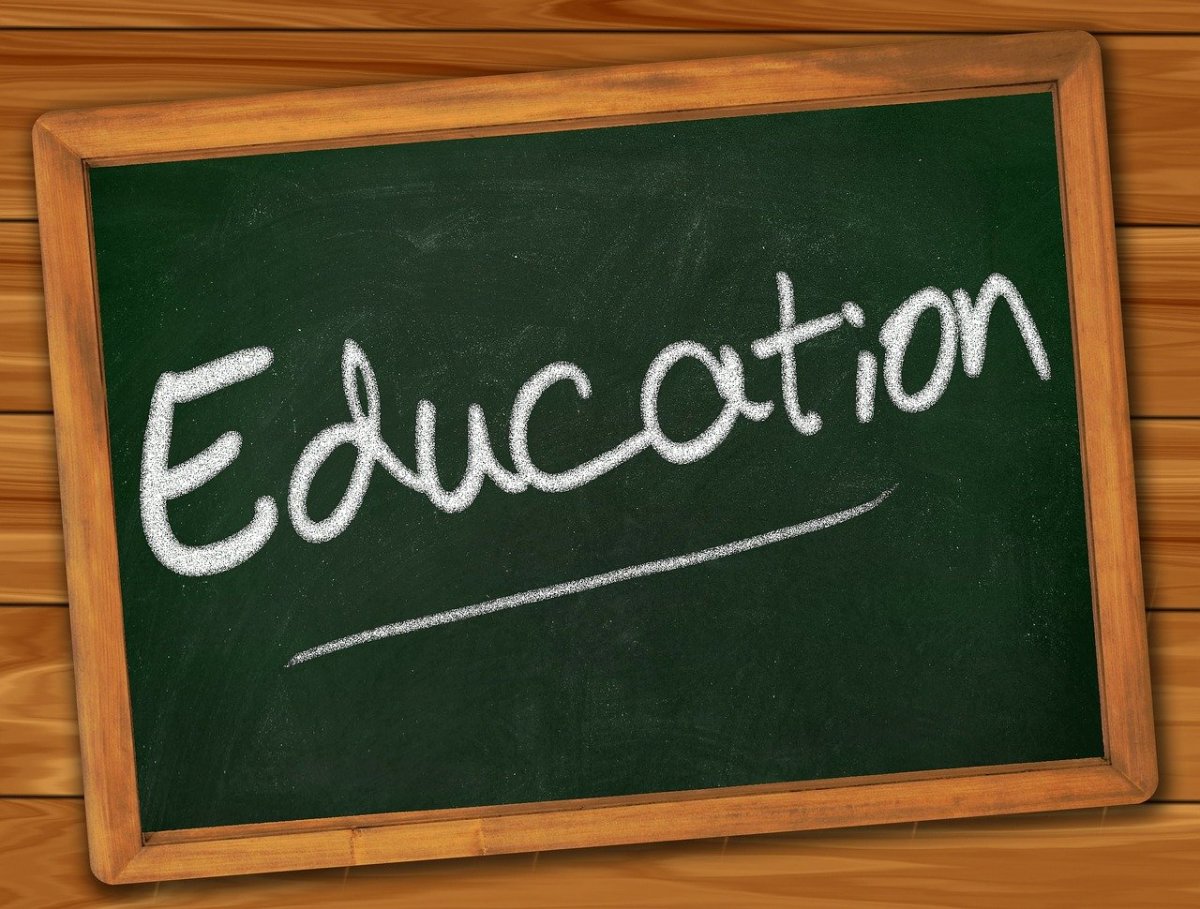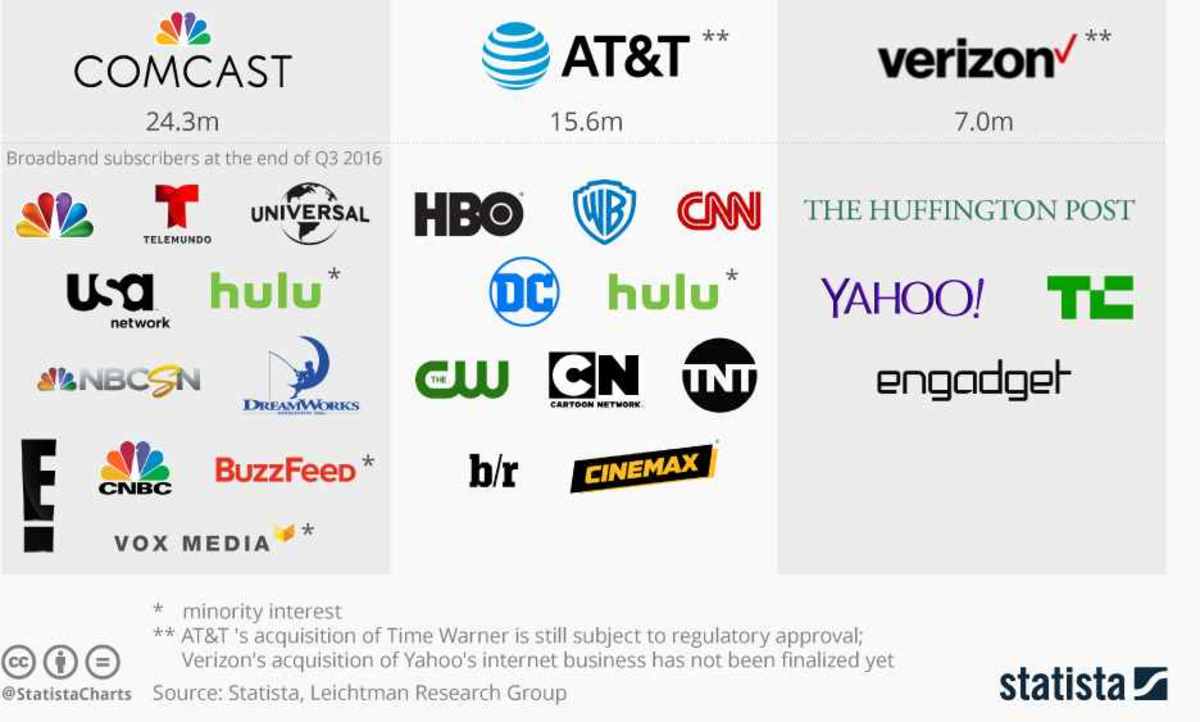Quality Education Fights Poverty

The Key to Success
Our parents live by the words education is the key to success, the truth that we are obliged to pass to the next generations. Agreeably we all know that education is the only weapon that can be used to fight poverty in our world. It is estimated that more than half of the population in Kenya and a big number in the larger African continent live below two dollars a day. A large population of girl’s drops out of school before the age of 12, that is even before they join the high school level of education. What could be the problem, and what is the root cause of all these problems? All these can be attributed and associated directly with the high levels of poverty In Kenya and largely in Africa. Poverty is a problem that has a solution; Education. Education is a weapon that enlightens the hearts of many, gives insight into the curious minds and imparts knowledge that provides solutions to problems and challenges in the world.
In Kenya, the education system has glitches and snags that are weakening it to an extent that it cannot perfectly play its role of eradicating poverty. There are components that have not been updated and implemented in the system, and there are others that are there but are not working for the benefit of strengthening the education sector in Kenya.
We live in an egalitarian type of society where people support equity and equality for every Kenyan citizen. That is the reason why Kenyans in 2010 voted in the new constitution that advocated for the 2 out of 3 gender rule. Equity and equality are also one of the main pillars of natural justice. In education equity and equality means bringing all the students to one common solid ground, so that they can all compete for the same opportunities and chances in a leveled angle that does not bring a certain part of the population into a disadvantage.
challanges
The Kenyan government has the obligation to ensure that public schools are running by ensuring that they provide them with the right infrastructure, teachers, and resources. This is done by allocating money to the education sector through the national budget. The money is strictly supposed to boost the education system and funding the required resources. The truth is that a large amount of this cash never reaches the right spot of allocation. It gets lost somewhere in between and no one talks about it .this brings a challenge of the vice of corruption in the education sector. Why is it that some children have to learn under trees in a hot weather? Why should a government school have mud classes while there is money allocated for better infrastructure? This means it is either that the money is stolen or the national treasury is mean in allocating the required amount.
Corruption is a problem that affects almost all of the sectors in the Kenyan economy and d sadly including the education system. There is one thing that corruption does, it weakens the roots and foundation and flitches power from the disadvantaged so that they remain helpless and feeble. A casual observer will tell that people are actually stealing money meant for education and the government is not doing anything to stop this. I have seen cases where people overvalue school structures that are not of standard quality, leaders diverting funds meant for textbooks and food for schools in drought-stricken areas to their own pockets. The result is that the education system is weakened and pupils go through hardship in getting a quality education.
The government through its ministry has all long had misplaced and poor priorities. Here is a case. There are almost over 2000 public schools with poor infrastructure and insufficient teachers. These schools are located in areas that experience natural disasters like drought and floods that come in severity. There are also schools that are in areas where insecurity is a big threat, and yet the government went ahead to implement the laptop project and if not a joke these schools received them. The government failed to take into account some of the missing components in this agenda that are more powerful and of much importance than the laptop thing. Yes, the laptop idea is a good thing as it improves the quality of education, but what is quality education without teachers and proper infrastructure? The government should carry out a feasibility study to ensure that the projects it is implementing have a foundation, and the needy components set right. Is it not that the government is the one that advocates for equity? Then why should a population of students be disadvantaged at the expense of others? The government is having its priorities wrong.
Politics and education have for past decades been intertwined and for the wrong reasons, education is far much affected .in the Moi era, we had a 7-4-2-3 education system that had a lot of co challenges. The 8-4-4 was introduced, and it was believed that it could provide solutions to earlier problems, it failed. Today thousand are graduating only to face the frustrations at the already flooded job markets. Recently a new system and curriculum have been introduced and it is not any better than the 8-4-4 system. All these unnecessary changes in education mean there is someone who is gaining political mileage at the wheels of quality education. Renaming and replacing ‘class one’ with ‘grade one’ cannot change the quality of education; it will only mean trying to adopt an education system that cannot suit us. China, Finland, and the United Kingdom have different education systems that they have adapted to; they are different systems that provide quality education that has strongly fought poverty. Kenya should also have its unique education system that is tailored, and its components adjusted to attain quality. This is the one point that Kenyan implementers and strategists are missing.
The Game Changer
When a child in Kenya tries to be innovative, creative and follow their passion, the first people to point a finger are the society and largely parents. We are in a competitive economy where educational papers have been overrated to an extent that recruiters require people with practical skills and expertise power. The employment opportunities are scarce and there are no strategies set to embrace self-employment among graduates. Is it not the right time for the government and society to support those creative minds that built a solar-powered car, the mind that wants to build an aircraft? Could this nation provide economic solutions by embracing young creative minds?
All these things should find a place in the education system and get fixed so that every child peruses their dreams and talents without strictly chaining them into the common syllabus. Private schools are spearheading this in their systems and it is awesome to see children fighting their way into their dreams and talents. Education should not be all about achieving academic certificates and identities; it should be more of embracing and building the talents and making children be creative. If the education system will cater for this aspect then we will have a future generation that will not depend on employment, a generation that will boost the economy by creating wealth and achieve the objective of eradicating poverty in Kenya.
Conclusion
Have a picture of this, a well-organized education system that in all aspects, it encourages and embraces creativity and innovation, and builds talents. An education system the knows equity and equality with no boundaries where every Kenyan kid does not only compete with others but also do what is best for them and their futures. The result is a well informed and educated generation that will focus on providing solutions to problems. A generation that is enlightened to fight poverty and corruption in the economy and the country and the world will grow.








